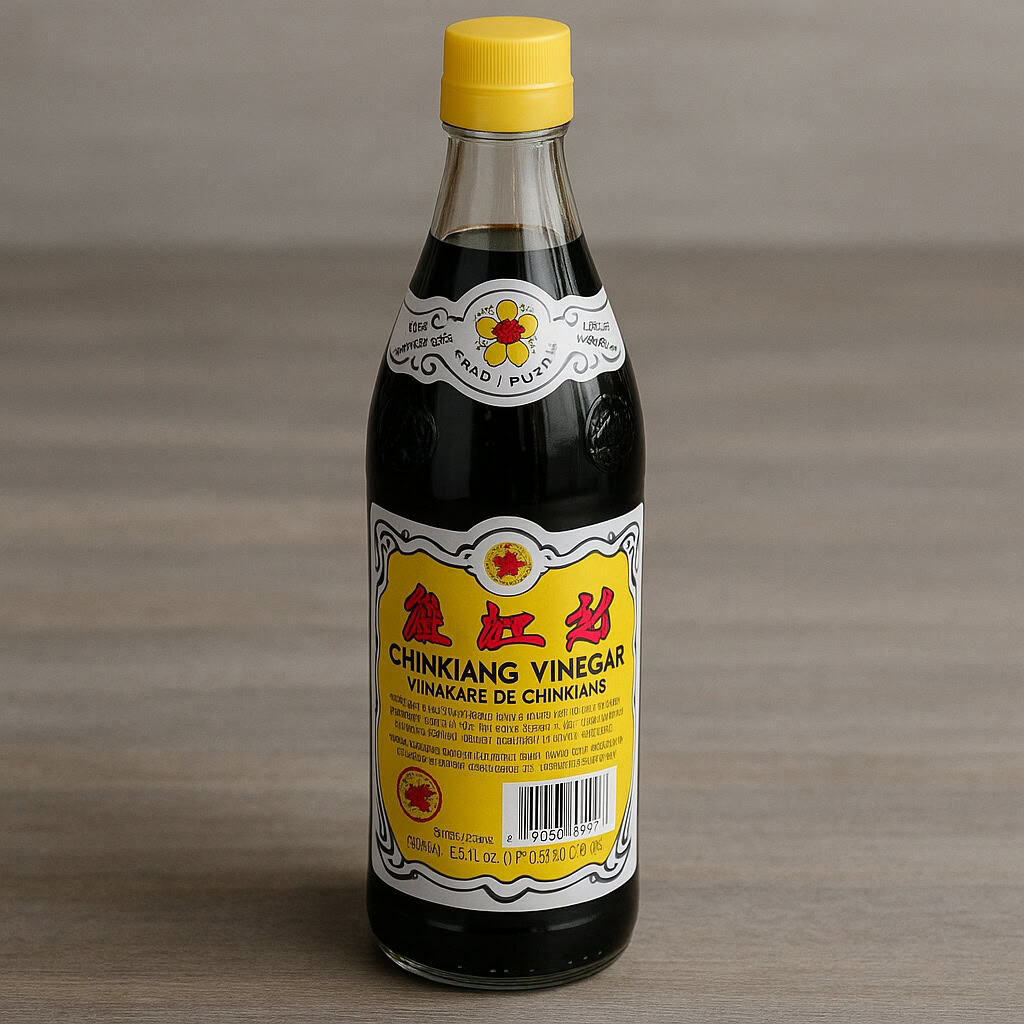
The first time you taste it, you’re not in your own kitchen anymore. You’re standing on a damp street in Jiangsu, steam rolling up from bamboo baskets, the air thick with garlic, soy, and the sharp tang of vinegar that hits the back of your throat like a sucker punch. This isn’t the clean, white vinegar you splash on salad. This is darker, older, more complicated. The kind of vinegar that’s been made in the same city for centuries. Chinkiang black vinegar doesn’t ask for your attention—it demands it.
Pour a little into a small dish and tilt it in the light: it runs like ink, glossy and smooth, promising mystery. Taste it and there’s a smokiness, like burnt sugar left just on the edge of bitter. Then comes a malt sweetness, rich and round, before it all fades into a gentle, almost fruity sourness. It’s comforting in the way of balsamic, but more elusive, more adult—like balsamic’s darker, moodier cousin who doesn’t show up often but makes the whole party better when they do.
Why You Need It
Black vinegar is a quiet transformer. A spoonful swirled into a dipping sauce makes dumplings taste alive. A drizzle across noodles pulls everything together in one sharp, smoky exhale. It doesn’t just season—it deepens, grounding dishes with the weight of history and fermentation.
Passport Kitchen in Action
We use black vinegar to finish soups, lace it through stir-fries, and most of all, to cut through the rich, chili-slick heat of our Chili Oil Noodles. The vinegar doesn’t shout, it whispers—a line of acidity that makes the garlic, the sesame, and the chili oil sing louder.
What to buy
Start with the classic: Gold Plum Chinkiang Vinegar. The bottle with the yellow cap is a staple across Chinese kitchens. If you stumble on Shanxi vinegar, bolder and grainier, grab it for braises. And if you ever find aged black vinegar, treasure it—it’s syrupy, complex, and perfect for finishing a dish.
Final Word
Black vinegar is one of those ingredients that rewires how you think about food. One bottle, and suddenly you’re not just cooking—you’re traveling. From a plate of dumplings in your kitchen to a bowl of noodles in a Chinese night market, it’s a passport you’ll reach for again and again.

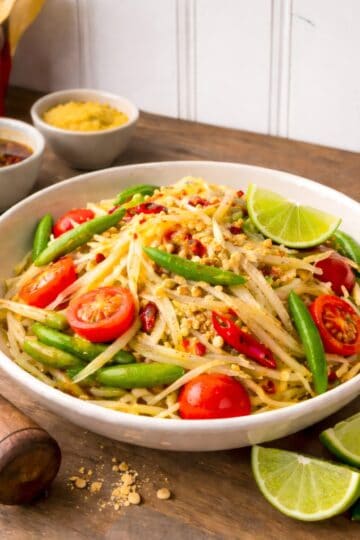
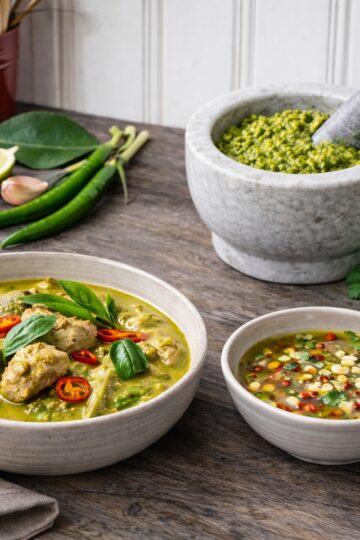
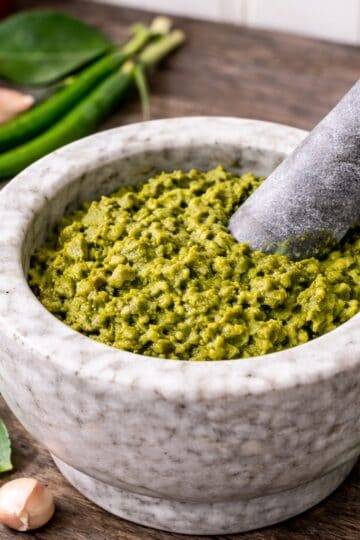
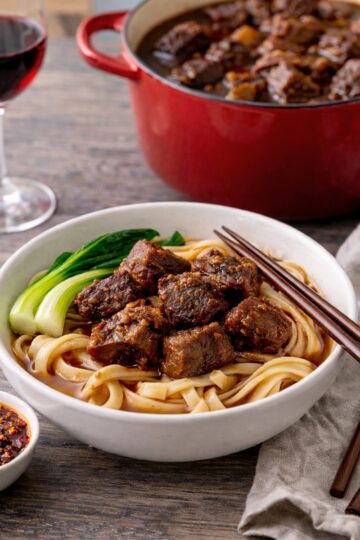
Comments
No Comments